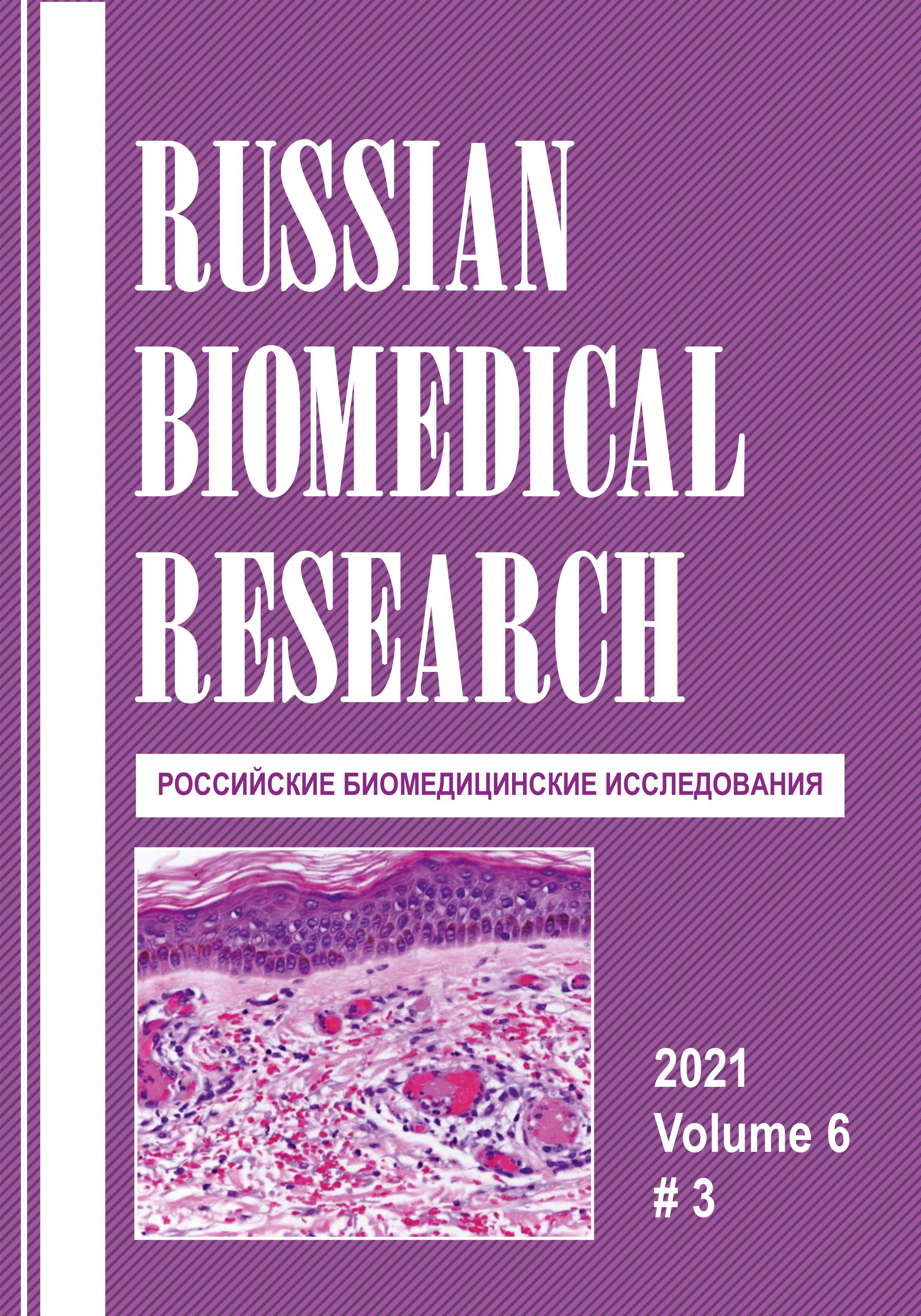POLYMERASE CHAIN REACTION IN MICROBIOLOGY
Abstract
Molecular biology techniques, the polymerase chain reaction (PCR) in particular, were originally developed for scientific purposes exclusively. However a great prospective of its practical application in future was obvious. Nowadays the molecular biological techniques of analysis are widely used not only in medical practice but also in many other fields. The PCR has revolutionized the diagnosis of infectious diseases, highly increasing efficiency of detecting nature of the different processes caused by bacteria, viruses and microscopic fungi. The polymerase chain reaction (PCR) significantly amplifies a specific region of DNA (RNA) in the biological material in vitro revealing from the smallest traces to a detectable one. As a result the signal is amplified in the reaction mix, allowing detecting and identifying the specific region of the pathogen genome. This technique is crucially important in indicating slow growing, hard to culture or unculturable microorganisms moreover when serological and other diagnostic methods show poor sensitivity or specificity. Due to uncomplicated approach and its high sensitivity, specificity the technique has become highly popular around the world. The PCR technique has allowed direct detection of minute amounts of nucleic acid infectious agents in different biological substrates.



